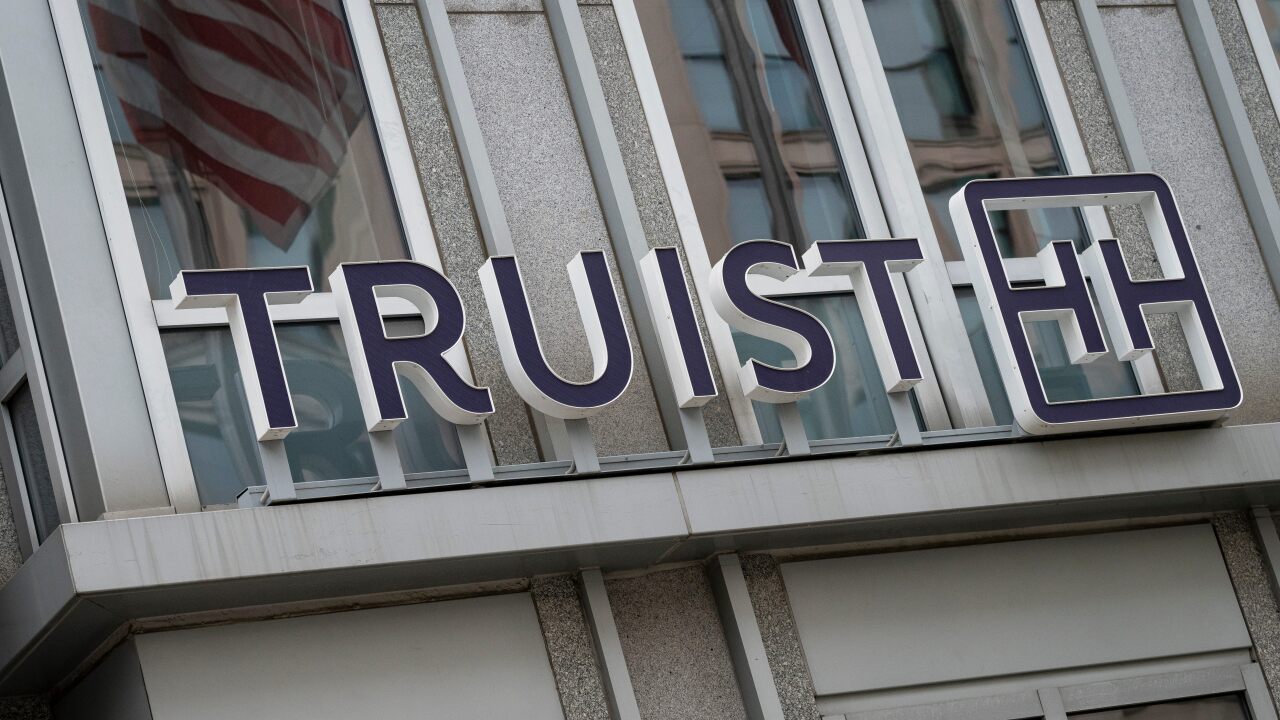The Automated Clearing House is too expensive and complex to provide faster payments for smaller banks and businesses, claims Dwolla, which contends its open system is a better option for those market segments.
The Des Moines, Iowa-based digital payments provider is making its network available through a white label application programming interface (API) that will integrate with current applications and platforms to provide real-time money transfers, said Dwolla CEO Ben Milne.
Dwolla views ACH payments as a low-cost option for large banks and enterprises, but difficult to use, expensive to support and a compliance burden for small to midsize banks or businesses.
"Year over year, one of the things that has become clear is that more people than we anticipated feel that low-cost payments are valuable and speed is incredibly valuable," Milne said. "We are pretty good at both."
Initially, Dwolla set out to build a way to move money in real-time for e-commerce merchants looking to avoid interchange fees. "But we found as we developed the tool, it could be used for P2P, business transactions and back-office work, so we thought about other places we could apply it," Milne said.
Dwolla representatives are pushing for
Even though clearXchange has a different approach to a faster payments solution than Dwolla, the idea behind Dwolla's API approach is to complement other applications and integrate with current bank and business platforms, Milne said. In that regard, the Dwolla network operates simply as the money transfer rail.
As more real-time and fast connections are created, more opportunity arises for collaboration, Milne added. "Most people originating payments are not going to want to deal with how all of these back-end systems work together, so the Dwolla API is available to become one of those, as these companies will need someone with expertise in moving money as fast as possible."
Dwolla has been talking about developing a faster money transfer system for smaller banks and businesses for a long time, said Steve Mott, principal of BetterBuyDesign, a Stamford, Conn.-based consulting firm.
"It's a very logical and useful step in Dwolla's revolution because it makes strategic sense for a number of financial institutions that want to set up shop their own way," Mott said.
Small businesses have plenty of options for moving money quickly, but if Dwolla can prove to reduce costs over the long haul, it can be a significant benefit, Mott added.
A business adopting Dwolla's infrastructure and putting its brand on the faster payments system avoids finding a sponsor bank to make ACH payments, learning the Nacha handbook and how to send batch files and paying a per-transaction fee, Milne said.
"In our case, you sign up for the API and agree to its rules, create a customer record and funding source and attach it to the customer record to create a transfer," Milne said. "It's ridiculously simple."
For now, the API allows users only to push out payments. Dwolla will concentrate on faster payments in the U.S. initially before considering cross-border payments or developing a way for the sender to also receive payments through the network.
Offering the API through bank or business brands for the first time could be a significant benefit for Dwolla because not enough companies know the Dwolla name, whereas rival PayPal has widespread awareness, said Brian Riley, principal executive advisor with CEB TowerGroup.
"It's an interesting service, but there are many ways to send money," Riley said. "If I am a middle market company and have never done this before and had no banking relationship, I might set up accounts and bill paying through PayPal."
Dwolla finds itself competing with
In that regard, Dwolla moves into a new arena with an infrastructure it has spent five years developing by offering its API for faster money transfers.
"Anybody could use it to move money from one place to another, but it's really for businesses and government entities of all shapes and sizes that are issuing a physical check, whether for tax purposes or dividends, for payments," Milne said. "For them, going from a physical to digital solution can save millions of dollars, not just in a year, but sometimes in a month."
Enough banks and credit unions have been previously involved with the Dwolla network to make most financial institutions and companies feel comfortable with the emerging payments provider, Mott said.
But Dwolla has proven itself on enough fronts to make it a potential player even for those who have never heard of the company, Mott added.
"If somebody were to come down from Mars and said the U.S. payments system needs an agent of change, that Martian would probably pick Dwolla," Mott said.





